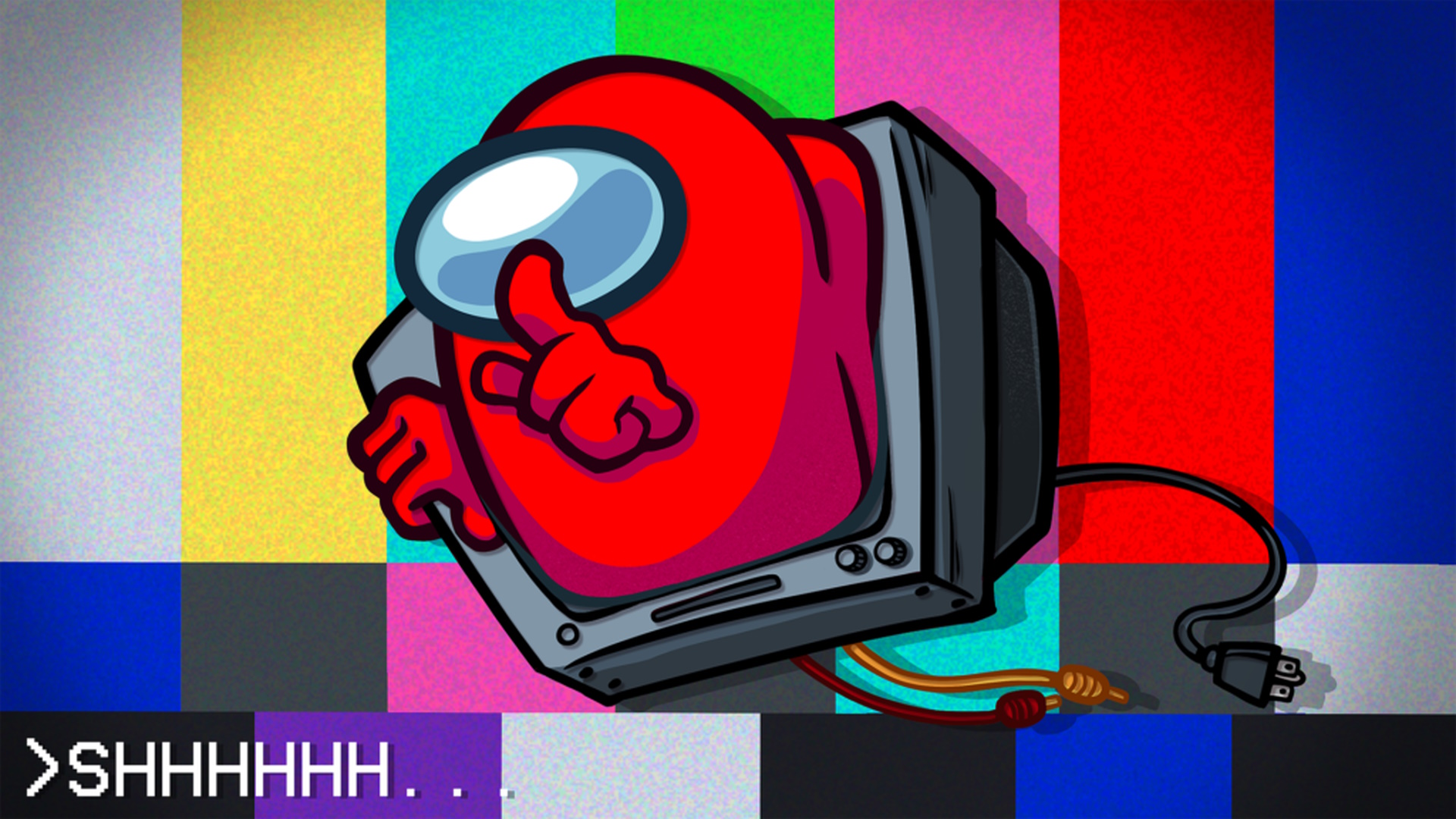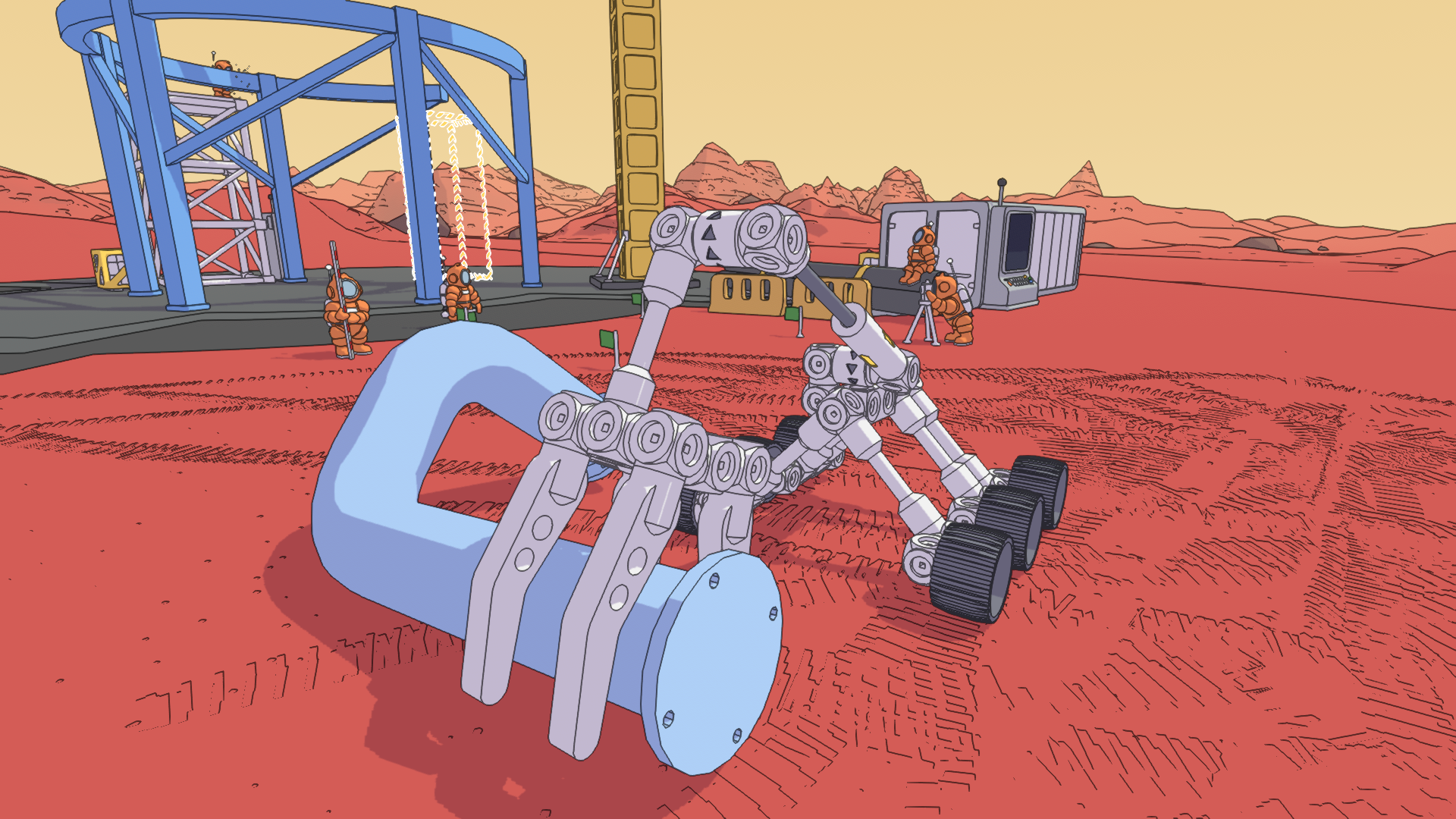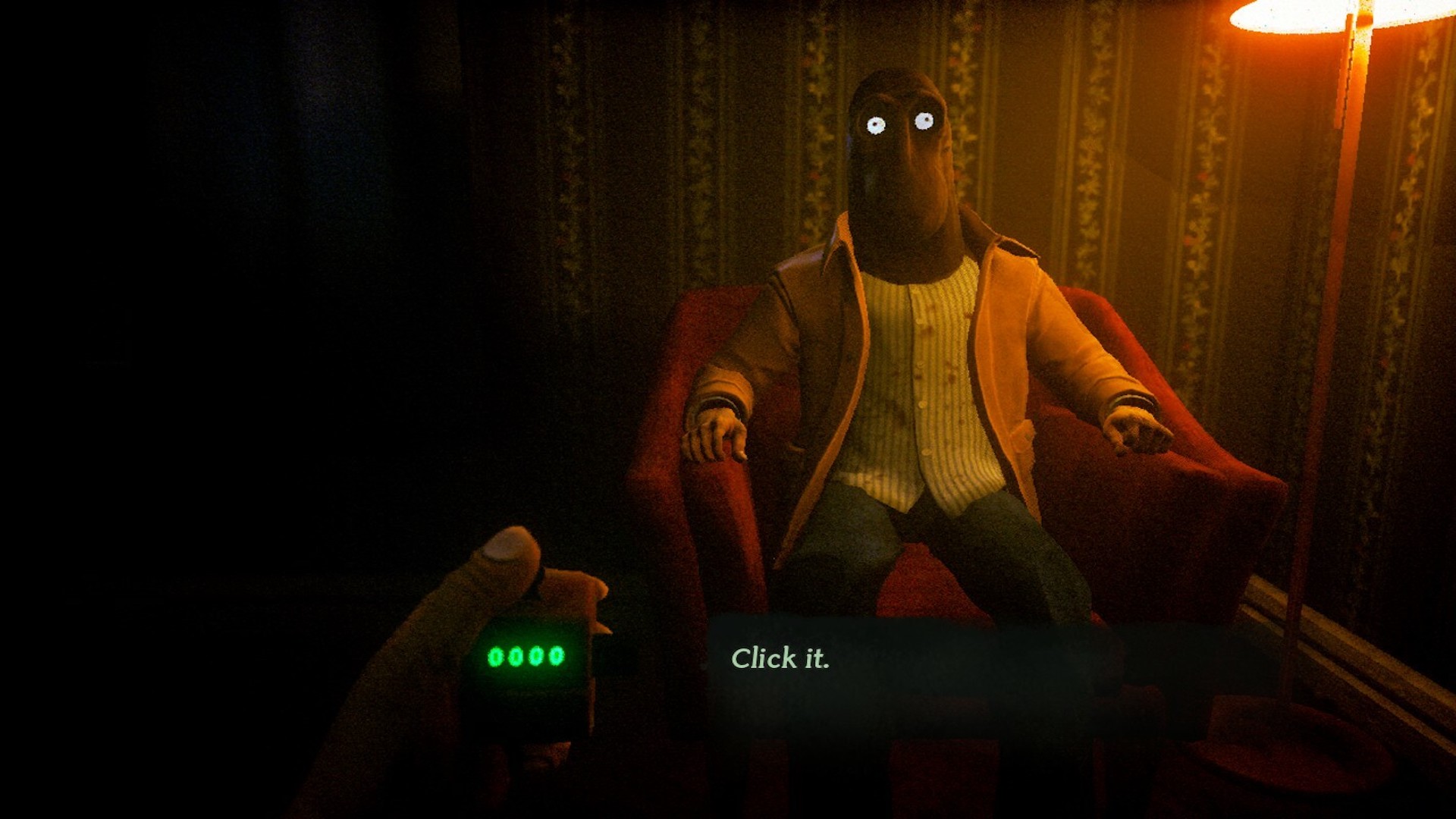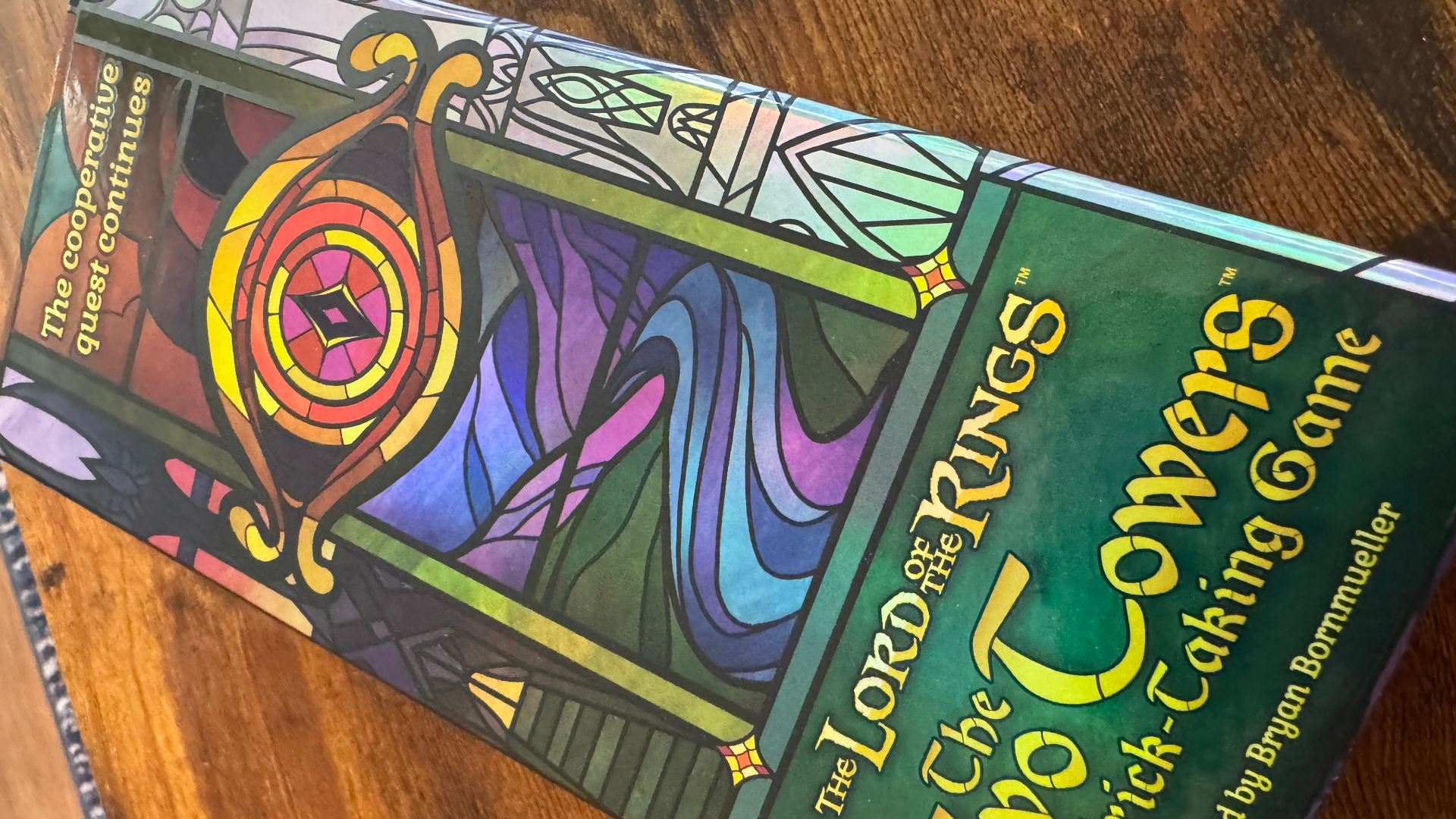After handing out millions, Among Us dev says its indie fund has a signing rate roughly 8x higher than most publishers, most of its games are under $500k, just 6 are $1 million or more, and RPGs are king
Outersloth has been "an immense success" for the Among Us devs

Weekly digests, tales from the communities you love, and more
You are now subscribed
Your newsletter sign-up was successful
Want to add more newsletters?

Every Friday
GamesRadar+
Your weekly update on everything you could ever want to know about the games you already love, games we know you're going to love in the near future, and tales from the communities that surround them.

Every Thursday
GTA 6 O'clock
Our special GTA 6 newsletter, with breaking news, insider info, and rumor analysis from the award-winning GTA 6 O'clock experts.

Every Friday
Knowledge
From the creators of Edge: A weekly videogame industry newsletter with analysis from expert writers, guidance from professionals, and insight into what's on the horizon.

Every Thursday
The Setup
Hardware nerds unite, sign up to our free tech newsletter for a weekly digest of the hottest new tech, the latest gadgets on the test bench, and much more.

Every Wednesday
Switch 2 Spotlight
Sign up to our new Switch 2 newsletter, where we bring you the latest talking points on Nintendo's new console each week, bring you up to date on the news, and recommend what games to play.

Every Saturday
The Watchlist
Subscribe for a weekly digest of the movie and TV news that matters, direct to your inbox. From first-look trailers, interviews, reviews and explainers, we've got you covered.

Once a month
SFX
Get sneak previews, exclusive competitions and details of special events each month!
Last year, following the global domination of Among Us, developer Innersloth opened Outersloth, an indie investment arm explicitly designed to give some money to other indie developers in order to help make games happen, with next to no creative oversight or publisher responsibilities coming from the sloth side. No marketing, localization, or ownership; just a big bag of money.
In a new post reflecting on Outersloth's first year, Innersloth communications director Victoria Tran explains that this bag of money could vary significantly between projects, and that Outersloth has funded 22 games so far.
Perhaps as a function of its hands-off positioning, Tran says Outersloth has a signing rate of "roughly 1.4%." This is nearly nine times higher than the 0.16% game publisher signing rate reported by Jason Della Rocca.
"We're able to take on more projects and likely get less submissions," Tran says. "That, and because we don't depend on it to pay our salaries (thanks Among Us), we can be less rigid about what we sign."
The math behind the 22 Outersloth games signed so far provides a fascinating glimpse into the indie space. Here's how those games shake down in terms of "veryyyy broad genres":
- Arcade-style: 4
- Clicker/Idle: 2
- Construction/City-Builder: 2
- Card: 2
- Narrative: 2
- Platformer: 2
- Roguelite: 2
- RPG: 6

How are games chosen or denied? "Between our tastes and our funding partners, we have pretty varied styles, mechanics, and themes we enjoy," Tran says. To this day, "the way we choose games continues to be largely 'vibes.'"
Outersloth seems to know how to pick 'em. The not-publisher is attached to four games released on Steam, and all of them have positive reviews. The highest-rated and, on Steam, best-selling, Outersloth game is currently Mars First Logistics, a space rover building sim from developer Shape Shop, and the worst-rated is the popular and still 82% positive Clickolding from Strange Scaffold. You'll notably see these developers listed as co-publishers on Steam – again, Outersloth is really just a fund.
Weekly digests, tales from the communities you love, and more
Coincidentally, just six of Outersloth's signed games have had budgets of $1 million or more. I'm not saying all six were RPGs, but I'd imagine the RPGs on this list were pricier on average given the scope and expectations associated with the genre.
There have been three games in the $500k to $999k range, Tran adds, while the majority of Outersloth's games have been under $500k. This is still a huge range – $30,000 is less than $500k, and $5 million is more than $1 million, just to throw out some extreme hypotheticals – but the brackets are fascinating. We also don't know how much these lump sums represented for each game's total budget, assuming there were other sources.

If we use an average of $250k for the first bracket, and the bare minimums for the other two, we can assume Outersloth has given out upwards – quite probably far upwards – of $10.5 million.
"At inception, Outersloth had a set budget every year for the next 5 (now 3) years, so we try to stay within a certain signing amount every quarter," Tran says. "This ensures we don't blow it all at once and games that submit in 2028 aren't straight out of luck. Being able to split costs with [Mega Crit dev Casey Yano] and [MYSTERY PARTNER] comes in clutch for helping us sign way more than we could normally!"
A year in, Tran says "Outersloth is already an immense success to us. The main goal was to get money into the hands of indie developers to help good games get made, and we've done that."
Innersloth isn't exactly hurting for cash, as this whole venture demonstrates, but it is looking to keep things sustainable. Tran says "Hopefully we make enough money from this so we can sustain our efforts, but we'll just have to see how it goes once more of our games release!"
Not long after Innersloth was revealed, Palworld studio Pocketpair, riding its own viral hit, opened its own indie arm, Pocketpair Publishing, with a greater focus on shaping some games as well as simply funding them. Before the publisher was even announced, mere "minutes after Palworld released," Pocketpair's communication head John Buckley says the studio was already getting pitches from folks desperate for backing in a dry and still-contracting industry.
In an interview at GDC, Buckley told me that the reveal of Innersloth actually caught him and the team by surprise, and he joked that they had to wait a minute before announcing their own indie publisher.

Austin has been a game journalist for 12 years, having freelanced for the likes of PC Gamer, Eurogamer, IGN, Sports Illustrated, and more while finishing his journalism degree. He's been with GamesRadar+ since 2019. They've yet to realize his position is a cover for his career-spanning Destiny column, and he's kept the ruse going with a lot of news and the occasional feature, all while playing as many roguelikes as possible.
You must confirm your public display name before commenting
Please logout and then login again, you will then be prompted to enter your display name.


